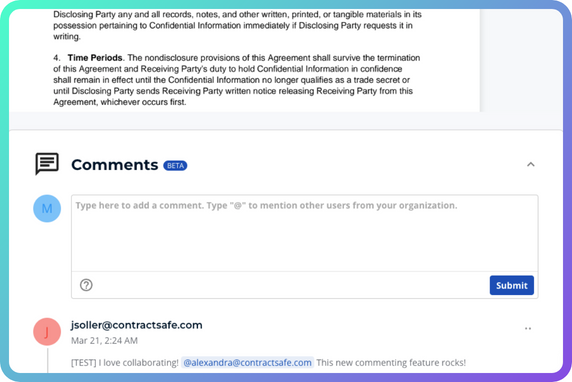What is a contract?
A contract is a legally enforceable agreement entered into by two or more parties to do, or refrain from doing, one or more things specified in the agreement. The parties to the contract can be individuals or legal entities. There are a number of legal requirements that must be met for the contract to be binding and enforceable, as follows:
- The parties must have the legal capacity to enter into the contract. Common examples of a lack of capacity are age (minors who have not reached the age of majority) and individuals with severe mental deficits.
- The contract must have consideration. The law of a particular state must be examined to determine the jurisdiction’s requirements for valid consideration. Some states traditionally relied on an injury/benefit analysis, which essentially required a benefit to the promisor or a detriment to the promisee. Now, many states have adopted a rule that only requires a bargained-for exchange, without regard to the benefit to the promisor or detriment to the promisee.
- The subject matter of the contract must be lawful. Clearly, there is a strong policy reason for courts to refuse to enforce illegal contracts.
- Both parties must assent to the agreement. This is often reviewed by rules regarding offer by one party and acceptance by the other party.
In many cases, contracts can be either oral or written. However, the Statute of Frauds requires some classes of contracts to be in writing to be enforceable.
Get Started with ContractSafe Today





